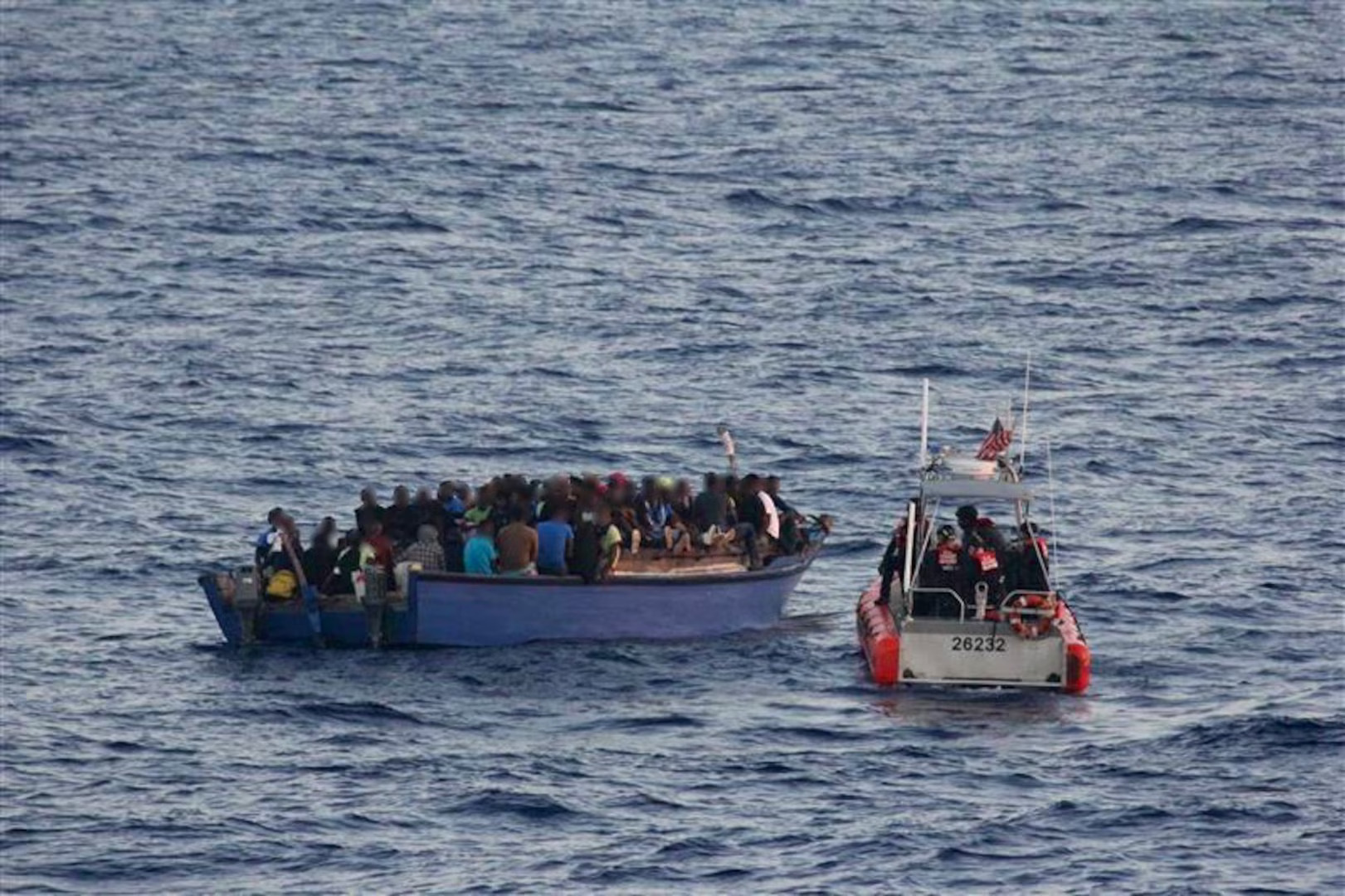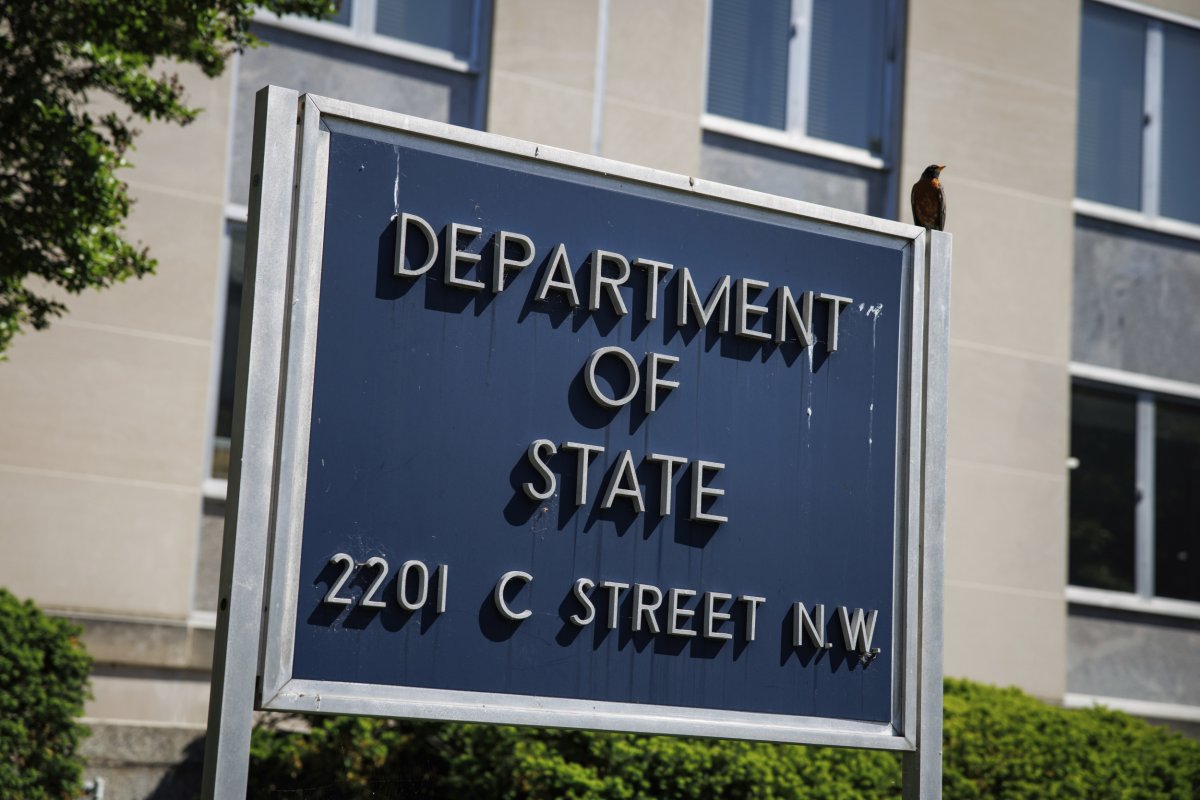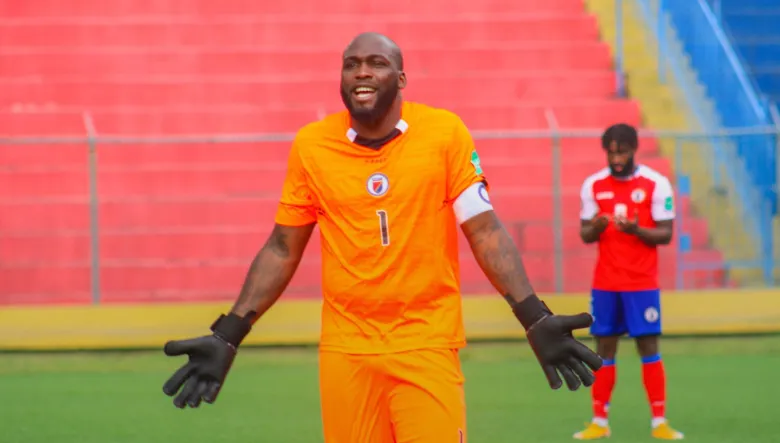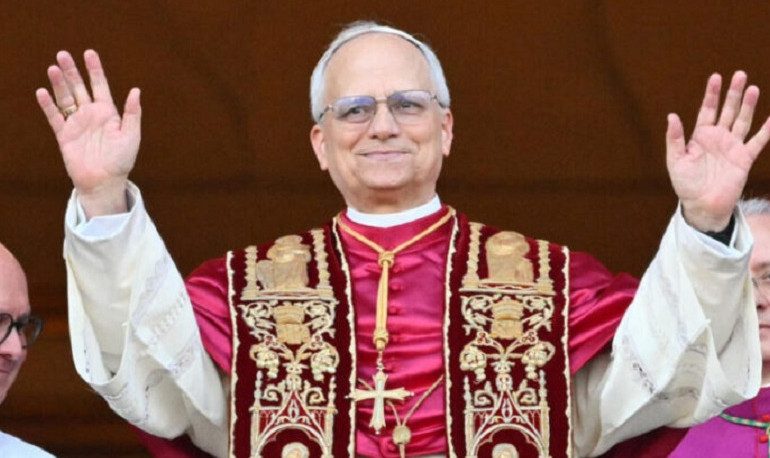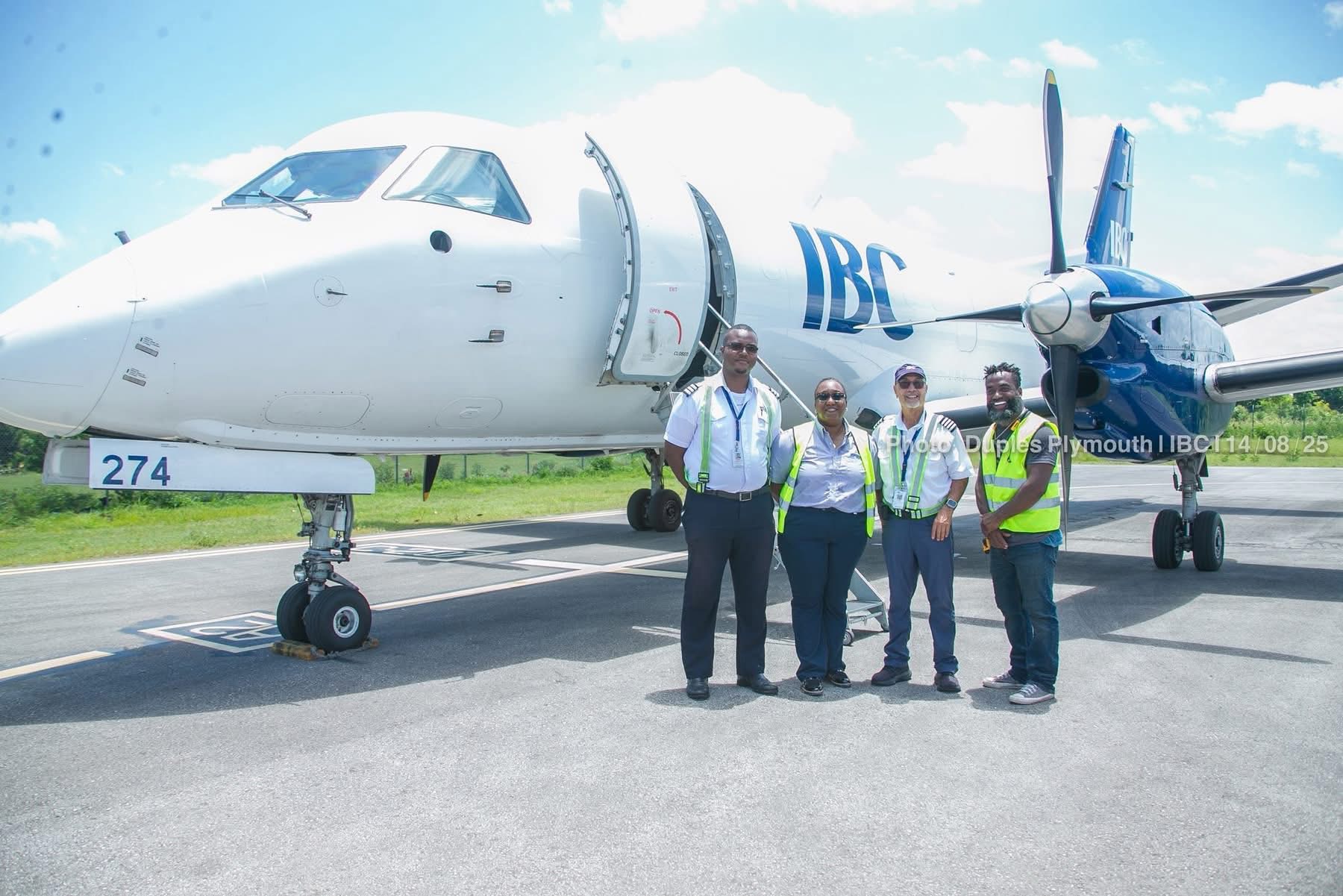Vatican City, August 10, 2025 – In his Sunday Angelus prayer before thousands of faithful gathered at St. Peter’s Square, Pope Leo XIV expressed grave concern over the worsening situation in Haiti. The Pontiff described the crisis as growing “more desperate with each passing day” and urged the international community to provide “concrete support” to help the Haitian people find peace and stability.
A Plea for Hostage Release and Human Dignity
In his remarks, Pope Leo XIV issued an urgent appeal for the immediate release of all kidnapping victims, calling the abductions a violation of human dignity and a reflection of the country’s spiraling insecurity.
He further condemned the rise of assassinations, violent crime, human trafficking, forced exile, and kidnappings, which he said have torn the social fabric of Haitian society.
“The Haitian people deserve to live in peace,” the Pope declared, stressing the importance of building social and institutional conditions that would allow stability, justice, and security to take root.
The Haitian Church Responds
The Pope’s words resonated deeply within Haiti’s Catholic Church. Archbishop Max Leroy Mesidor, president of the Haitian Bishops’ Conference, publicly thanked Pope Leo XIV for his solidarity.
Mesidor emphasized that insecurity in Haiti “has no limits,” noting that while international actors and local authorities often promise solutions, tangible results have been painfully slow to materialize.
By echoing the Pope’s message, the Haitian Church reinforced its call for stronger international cooperation and urgent action to address both the humanitarian and security crises.
Media and Global Reactions
Catholic media outlets across the globe quickly amplified Pope Leo XIV’s remarks, as did several regional news agencies. Headlines highlighted his plea for the international community to move beyond words of sympathy and toward effective, coordinated action.
The Pope’s call aligns with growing pressure on world leaders and organizations such as the United Nations, the United States, CARICOM, and the African-led Multinational Security Mission in Haiti to intensify efforts against rampant gang violence and political instability.
Haiti’s Ongoing Crisis
Haiti has been facing one of its darkest chapters in recent history. Armed gangs now control much of Port-au-Prince and other key areas, forcing thousands into displacement while worsening hunger and poverty. Kidnappings, often targeting ordinary citizens, clergy, and aid workers, have become a daily threat.
At the same time, political instability continues to paralyze governance. The Transitional Presidential Council, installed in 2024, is under immense pressure to restore order, prepare for elections, and rebuild weakened institutions.
Conclusion
Pope Leo XIV’s appeal adds powerful moral weight to Haiti’s struggle, reinforcing the urgency of action from both local leaders and the international community. By calling not only for the release of hostages but also for systemic changes to ensure peace and justice, the Pope highlighted the humanitarian and ethical dimensions of the crisis.
For Haiti’s people, whose resilience has long been tested by political turmoil, natural disasters, and poverty, the Pope’s words serve as both a source of spiritual comfort and a renewed demand for global solidarity.

